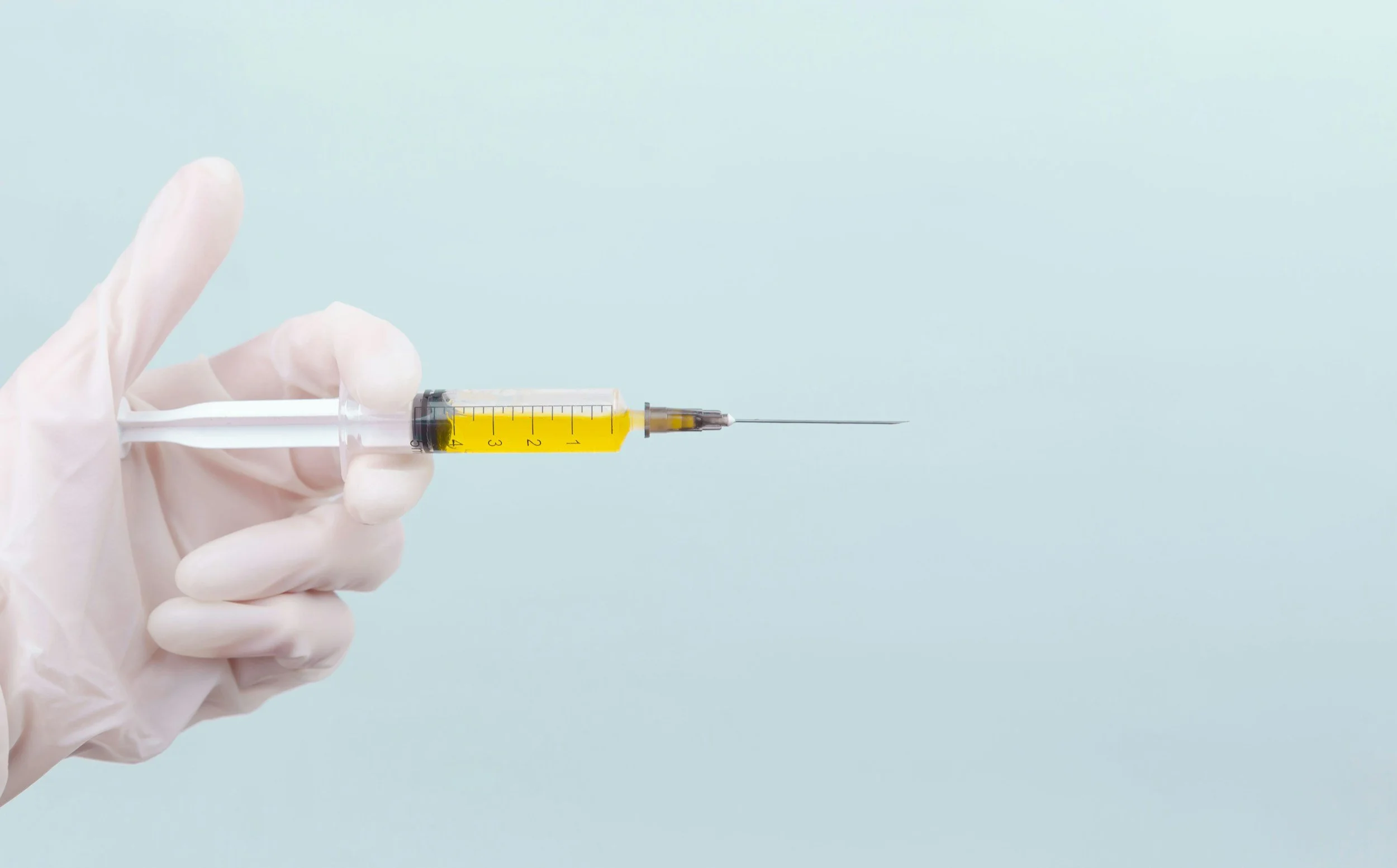Unveiling the Healing Potential of High-Dose Vitamin C in Cancer Care
In the realm of cancer treatment, the search for effective therapies that complement traditional approaches continues to evolve. Among the natural remedies gaining attention is high dose vitamin C therapy. While commonly associated with immune support and antioxidant benefits, vitamin C, when administered in high doses, has shown promise in supporting cancer treatment. In this blog post, we delve into the science behind high dose vitamin C and its potential role in the fight against cancer.
Understanding High Dose Vitamin C
Vitamin C, also known as ascorbic acid, is a water-soluble vitamin found abundantly in fruits and vegetables. It plays a crucial role in various bodily functions, including collagen synthesis, wound healing, and immune function. Traditionally, vitamin C has been used to prevent and treat scurvy, a disease caused by vitamin C deficiency.
High dose vitamin C refers to doses much higher than the recommended daily allowance (RDA). While the RDA for vitamin C is around 75-90 milligrams per day for adults, high dose therapy typically involves intravenous administration of vitamin C at levels reaching tens of grams per session. This approach allows for much higher blood concentrations of vitamin C than achievable through oral supplementation alone.
The Mechanism of Action
The mechanism by which high dose vitamin C exerts its anticancer effects is multifaceted. One key mechanism involves the generation of hydrogen peroxide (H2O2) within cancer cells. While normal cells have mechanisms to neutralize hydrogen peroxide, cancer cells often have impaired antioxidant defenses, making them more susceptible to oxidative stress-induced cell death. High dose vitamin C exploits this vulnerability by selectively increasing hydrogen peroxide levels within cancer cells, leading to their destruction.
Furthermore, vitamin C has been shown to modulate immune function, enhancing the body's natural ability to recognize and eliminate cancer cells. It can also inhibit angiogenesis, the process by which tumors develop new blood vessels to support their growth and metastasis. By targeting multiple pathways involved in cancer progression, high dose vitamin C exhibits a synergistic effect with conventional treatments like chemotherapy and radiation therapy.
Clinical Evidence
While the concept of using high dose vitamin C for cancer treatment dates back several decades, interest in its therapeutic potential has surged in recent years. Numerous preclinical studies have demonstrated the anticancer effects of high dose vitamin C in various cancer models, including breast, lung, pancreatic, and prostate cancer.
In clinical settings, research on high dose vitamin C therapy has yielded promising results. Several small-scale clinical trials have reported improvements in quality of life, tumor response, and survival rates among cancer patients receiving high dose intravenous vitamin C alongside conventional treatments. Additionally, observational studies have highlighted the safety and tolerability of high dose vitamin C, even at levels far exceeding the RDA.
It's important to note that while the preliminary findings are encouraging, larger randomized controlled trials are needed to definitively establish the efficacy of high dose vitamin C in cancer treatment. Moreover, the optimal dosing regimen, treatment duration, and patient selection criteria warrant further investigation.
Integration into Cancer Care
The integration of high dose vitamin C into cancer care requires a multidisciplinary approach involving oncologists, nutritionists, and integrative medicine practitioners. Patients should discuss the potential benefits and risks of high dose vitamin C therapy with their healthcare providers to make informed decisions about their treatment plan.
High dose vitamin C therapy holds promise as a complementary approach to cancer treatment, offering potential benefits in enhancing tumor response, improving quality of life, and prolonging survival. While more research is needed to fully elucidate its efficacy and optimal utilization, the growing body of evidence underscores the importance of exploring novel therapeutic strategies in the fight against cancer. As science continues to unravel the complexities of cancer biology, high dose vitamin C stands as a beacon of hope in the quest for effective and holistic cancer care. If you're interested in incorporating high dose vitamin C therapy into your cancer treatment journey, we encourage you to discuss the possibilities with your healthcare provider.
To explore integrative approaches to wellness, including high dose vitamin C therapy, book a consultation at Saffron & Sage, where our team of experts is dedicated to supporting your holistic health journey.
Disclaimer: The content of this website and any product or service offered on this website is provided for informational and educational purposes only. It is not medical advice and is not intended to diagnose, treat, cure, or prevent any disease, disorder, or medical condition. It should never replace any advice given to you by your physician or any other licensed healthcare provider.


